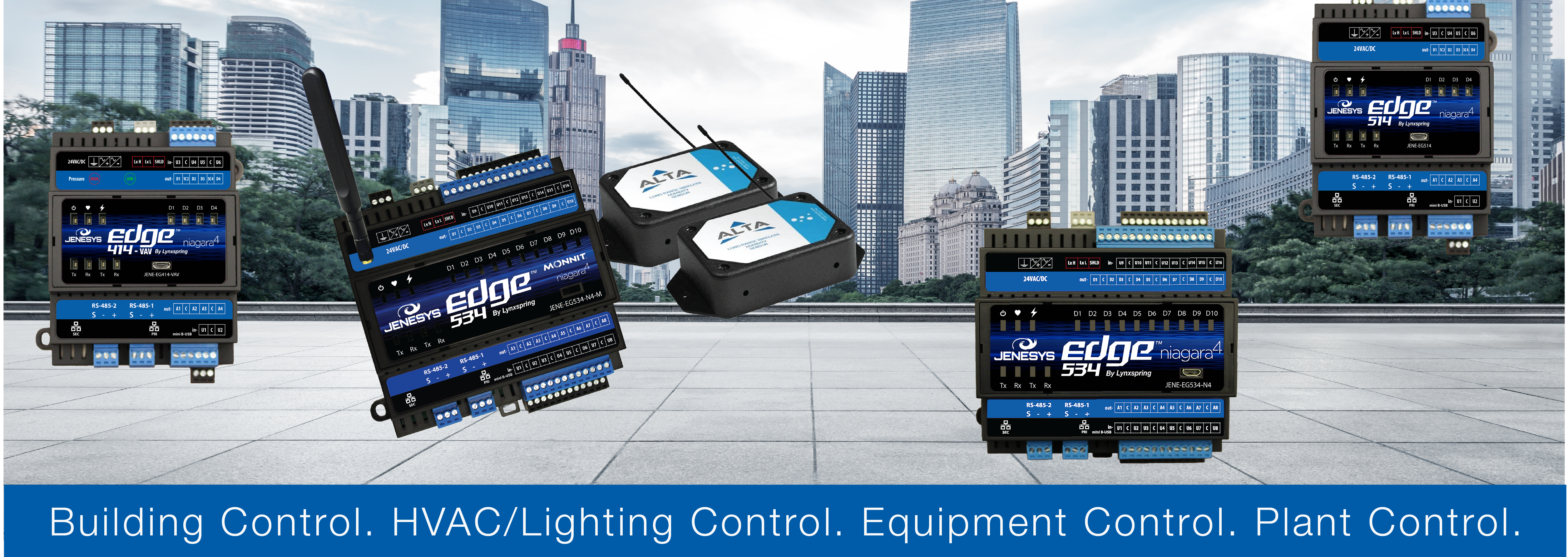5 Reasons Why Your HVAC System May Not Be Working
HVAC systems can be complex and complicated, and hiring a qualified technician to maintain, diagnose, and repair those systems can be expensive. Understanding the main areas that could impact the efficiency and operation of your commercial HVAC systems can save time and money through that process.
1 – Deferred Maintenance
Your HVAC systems need to be maintained regularly. All manufacturers provide factory recommended maintenance programs for equipment. These maintenance items should be followed and executed to ensure the HVAC systems are operating within design specifications. When maintenance is not completed regularly, HVAC systems will fall out of calibration, begin operating poorly, and can eventually fail. Something as simple as a dirty sensor can interrupt and entire HVAC system operation.
2- System Imbalance / Calibration
HVAC system calibration is extremely important. Motors, belts, valves, and actuators work in conjunction within the HVAC system to operate correctly. If any one of these integral components fall out of calibration and is malfunctioning, it will impact the entire HVAC system. HVAC maintenance will ensure that the system is carefully inspected to review each component.
3 – Mechanical Failure
Mechanical failure can be broken down into two categories – typical and catastrophic. Typical mechanical failure relates to the impact on the HVAC system. The most frequent mechanical failures impact HVAC operations for short periods of time until parts are available for replacement. Catastrophic failure relates to mechanical breakdown that requires the entire system to be replaced due to the type of failure or the availability of parts. Obsolete and aging HVAC systems will eventually require replacement as manufactures decide to phase out the production of replacement components.
4 – Electrical Failure
Power surges and electrical failure can wreak havoc on HVAC system operations. Control boards, compressors, contactors, and motors are just a few components that are vulnerable to electrical surges, brown outs, “dirty power”, and / or insufficient power distribution. HVAC technicians can provide a diagnosis for the mechanical systems, but it is always helpful to have a qualified electrician to support the mechanical function and operations.
5 – End of Life Cycle
The life cycle planning for mechanical equipment is paramount. The useful life of your HVAC system could be shorter than you may think! Please check out the Life Expectancy Chart ….
As mechanical systems get older, they will require more quality care, maintenance, and oversite. When mechanical systems pass their useful life expectancy, the cost of ownership will trend up at an exponential rate as systems become less reliable.




